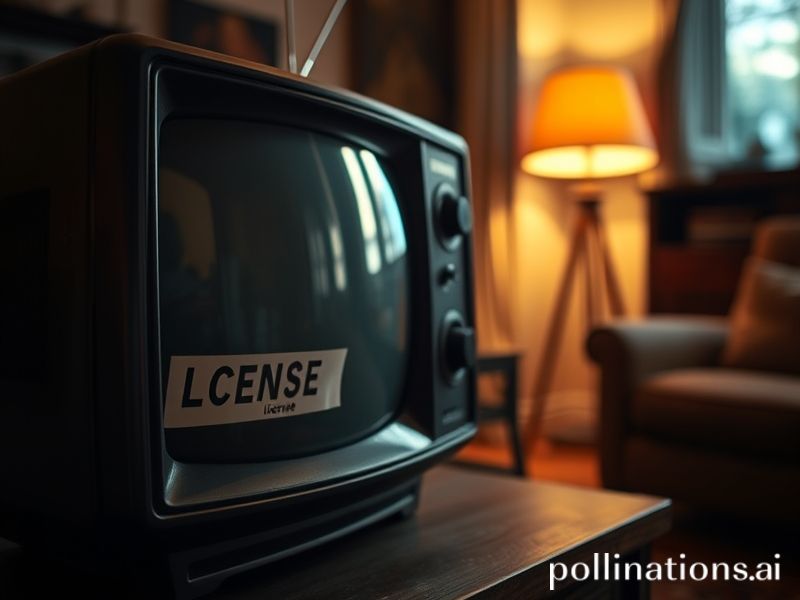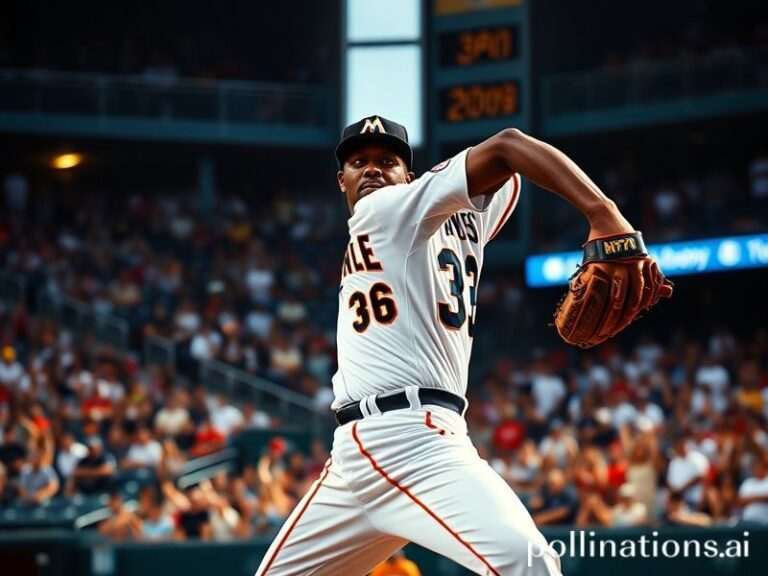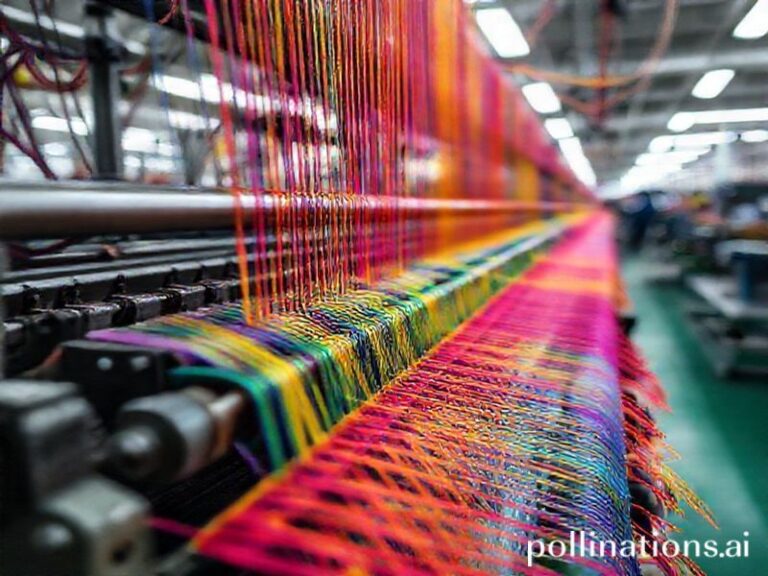The Great TV Licence Showdown: Why the World is Watching
**The Great TV Licence Showdown: Why the World is Watching**
Alright, folks, grab your popcorn and get comfortable. We’re diving into a topic that’s got the world more riled up than a cat in a bathtub: the humble TV licence. Yes, you heard it right. That little piece of paper (or digital token, if you’re living in the future) that lets you legally watch your favorite shows without the BBC knocking on your door is making waves globally. But why? Let’s break it down.
**The Cultural Context: A Tax on Binge-Watching?**
First things first, let’s talk about what a TV licence actually is. In essence, it’s a fee that viewers pay to fund public broadcasting. The most famous example is the BBC, which has been around since before your grandma’s grandma was born. The idea is that everyone chips in a bit to keep the airwaves filled with quality content, from news to nature documentaries to dramas that make you cry into your tea.
But here’s the thing: the world is changing. Streaming services are popping up faster than you can say “Netflix and chill.” Traditional TV is taking a hit, and people are questioning why they should pay for a licence when they can binge-watch their favorite shows on demand. It’s like asking why you should pay for a gym membership when you can just run around your living room.
**The Social Impact: A Battle of Principles**
The TV licence debate isn’t just about money; it’s about principles. On one side, you’ve got the purists who believe in the power of public broadcasting. They argue that a TV licence ensures that everyone has access to high-quality, unbiased news and entertainment, regardless of their ability to pay for premium services. It’s like the public library of the airwaves.
On the other side, you’ve got the rebels who think the TV licence is an outdated relic. They believe that in the age of the internet, we should be free to consume media without being taxed for it. It’s the digital equivalent of the Boston Tea Party, but with more memes and fewer three-cornered hats.
**Why It’s Trending Now**
So, why is this debate heating up now? Well, a few reasons. First, the pandemic. With everyone stuck at home, TV and streaming services have seen a massive surge in usage. People are questioning why they should pay for a TV licence when they’re already shelling out for Netflix, Disney+, and all the other streaming services out there.
Second, there’s been a lot of political maneuvering around the TV licence. In the UK, for example, the government has been talking about decriminalizing non-payment of the licence fee. This has sparked a heated debate about the future of the BBC and public broadcasting in general.
**The Significance: A Microcosm of the Digital Age**
At its core, the TV licence debate is about more than just TV. It’s about how we consume media in the digital age. It’s about the balance between public and private funding. It’s about the role of the internet in our lives. It’s about whether we should pay for the content we consume or if it should be freely available to all.
In other words, it’s a big, complicated mess. But it’s a mess that’s worth paying attention to, because the outcome could shape the future of media for generations to come.
**Conclusion: The Future of the TV Licence**
So, what’s next for the TV licence? It’s hard to say. On one hand, the tide of digital disruption seems unstoppable. On the other hand, the value of public broadcasting is undeniable. Perhaps the future lies in a hybrid model, where traditional TV licences coexist with streaming services. Or maybe we’ll see a complete overhaul of the system, with new models of funding emerging to replace the old.
One thing’s for sure: the TV licence debate is far from over. And as the world continues to change, it’s a topic that’s only going to become more and more relevant. So, grab your popcorn, get comfortable, and keep watching. Because the show ain’t over yet.







